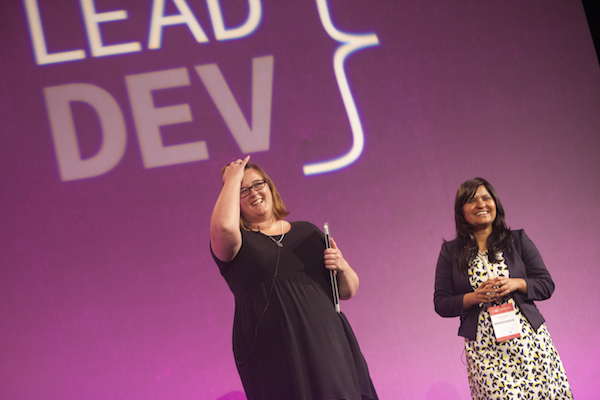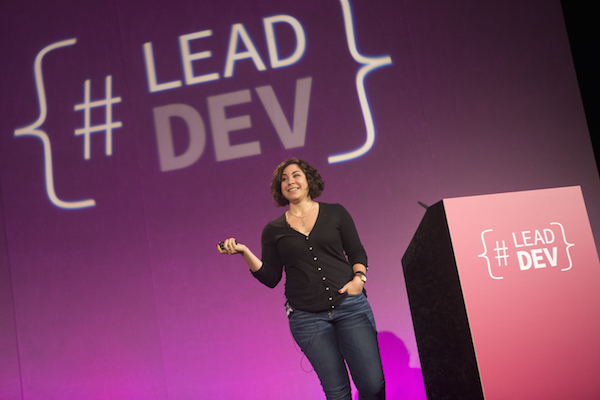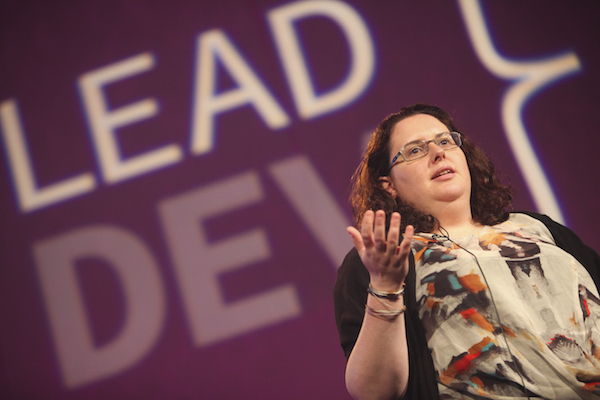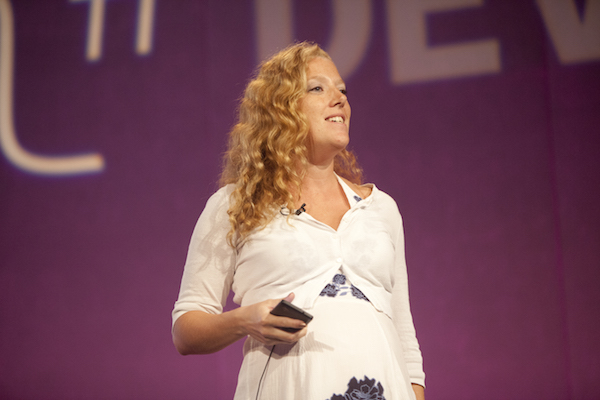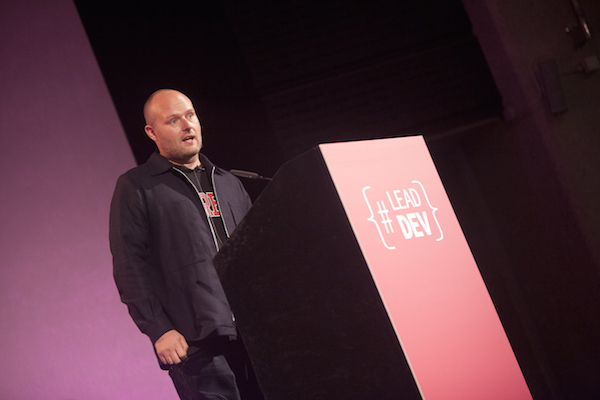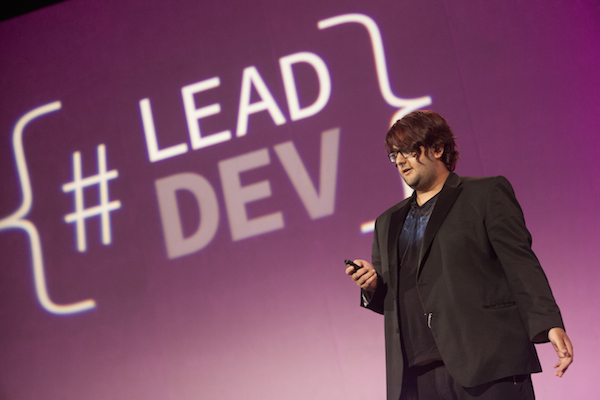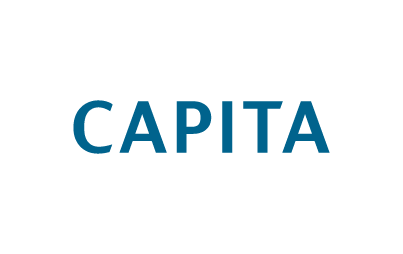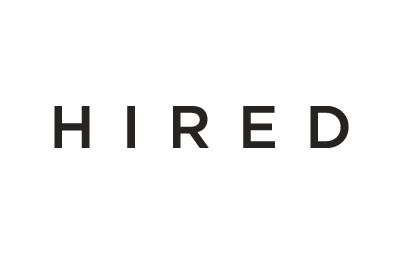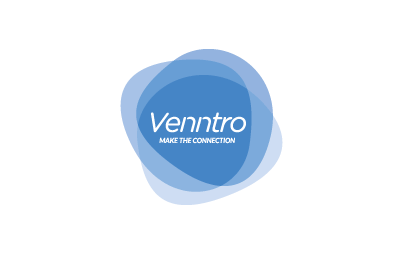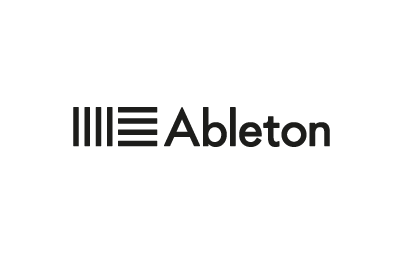Videos
-
Cloning Yourself Isn't an Option
We’re all drawn to the fable of the 10X engineer, but engineers most commonly increase their effectiveness 10X by amplifying the effectiveness of those around them. In this talk we’ll explore ways to make your value multiplicative, no cloning required.
-
Building happier engineering teams
We all know how difficult (and expensive!) it is to convince brilliant engineers to join our team. The real challenge starts on Day 1 – What can we do to keep them happy and engaged? After all, bored people quit. If you know you should do better but ran out of ideas how – come on down! We’ll talk about how to make their 1st day at work memorable, how to help them build a personal brand, how to figure out and sell our unique strength as a company (GitHub-style), why we should bring them to investors’ events and plenty more. In this talk I’ll share 8 tips you could apply to build happier engineering teams.
-
The Technical Journey to Microservices
Microservices offer an architectural style that is flexible enough to become the de-facto approach for future enterprise software systems, but the individual journeys, and pitfalls vary dramatically from context to context. Russ will share several real-world technical journeys, the tradeoffs that have been made, the tools that had to be invented and, finally, how to adopt your own effective “Microservices UX”, the best and most effective user experience for those having to plan, architect, develop, deploy and maintain microservices within their own systems.
-
Adaptive Testing
Keeping up with a team of developers who release every day is a tough job, but someone’s got to do it! Gone are the long, relaxing days of manual testing for weeks on end. Here is how we are keeping the acceptance testing process at JUST EAT as lean as possible.
-
A Primer on Performance
As builders of the web, performance is our most important job, as it dictates a users happiness and willingness to use a product. This talk outlines how performance is everybody’s job: from content strategy to design decisions to front end architecture and discusses optimizations in each step of the process. The audience will understand the neuroscience behind page speed and will leave this talk with several tools, recommendations, and techniques to build performant websites and make the internet a better place.
-
12 Challenging Steps to Being a Better Interviewer
An email in your inbox. A conversation with your boss. The company is hiring and you’re to be part of it – you’re going to be an interviewer. Maybe you get some training on the legalities, but soon enough you’re out there experimenting… with someone else’s career. Aside from the odd polite note from a candidate following up, you get no feedback so how do you know what you’re doing well – or not? In the tech industry interviews are often particularly adversarial. The coding on the whiteboard. The ominous silence. Just because the experience was bad for you doesn’t mean you need to perpetuate that. Even if you participate in a broken system you don’t believe in, this talk will give you concrete strategies for making the part of experience you can control better for the interviewee.
-
People are Weird, I’m Weird
The Internetz is full of articles about how to build & lead tech teams, however reading these will only get you so far. In order to become a successful tech lead you must also know how to manage people, including: clients, project teams, other colleagues and your bosses. But guess what, every single one of these people are individuals and yet consistently we try to apply blanket rules to their ‘type’ and consider our people management skills complete. In this presentation, as well as explaining how he personally recruits and manages teams, Sam also posits that we should increase our awareness of the specific differences in people and adjust our views and behaviours accordingly when it comes to managing and working with other human beings.
-
Beyond Developer
Over the last decade or so we have seen a shift towards “generalising specialists”, programmers who, as well as designing and building great software, can understand a business domain, design a user interface, participate in and automate some of the testing and deployment activities, and who are sometimes even responsible for the health and wellbeing of their own systems in production. To succeed in this new world requires more than “3 years of C# programming”. The modern lead developer needs to be constantly reinventing themselves, learning, and helping others to do the same. In this session, Dan explores some of the skills and characteristics of the modern lead developer, and suggests some ways you can grow them for yourself.
-
Riding the Paradox as a Lead Developer
When you were just a developer, things seemed so simple. Sometimes it was a choice between using several libraries, or working out the right algorithm to solve a problem. Making decisions seemed really easy. When you are playing the Lead Developer role, decisions no longer seem black and white and you have several competing priorities. We will explore the common paradoxes a Lead Developer experiences such as keeping technically relevant and developing better people skills, focusing on delivery software and supporting learning and encouraging improvements and maintaining consistency. Come away from this talk recognising the paradoxes other Lead Developers share with you and how to successfully solve them.
-
Staying Ahead of the Curve
We all want to stay ahead of the curve – after all, that’s what you go to a conference for. But have you ever considered how being ahead of the curve might be dangerous? Using a new language before you understand it, putting a technology into production so you can learn it, abandoning “old practices” before you’ve got the benefit from them… These things are common practice, under the guise of Progress and Keeping Up To Date. But while we shouldn’t be running around like headless chickens chasing the next Shiny New Thing, we do need to see to our Continuous Learning and, of course, we should Embrace Change. How do we balance these two extremes? And how do we see to our own growth and learning as techies while meeting the needs of our project, team and organisation?
-
Go – I made all the mistakes
A talk about Go showing mistakes to be avoided when coming from other languages, discussion about strengths, and perceived shortcomings like dependency management.
-
Go faster with Angular
Angular is probably the hottest frontend framework around right now. Why? What will it do for your dev team?
-
Why You Should Be Checking Out Rust
A very brief introduction to Rust and why it should be on your radar. Rust is a “systems” programming language that is designed to be a modern replacement for C++. It has an impressive out-of-the box tool chain, an interesting approach to safe concurrency and easy integration with C and other languages. It’s certainly a powerful tool to have at your disposal.
-
Building Reproducible Dev Environments with Docker
Maintaining different software environments to run multiple web projects is a time-consuming task. Have you ever returned to an old project, only to find that you have to reinstall older versions of software before even starting any work? This problem is compounded by developer environments across the team varying in hardware, OS versions, and development software. Docker is a virtualisation-like technology which enables you to run software in a fixed environment, but without the speed problems normally associated with a virtual machine. This enables us to specify versions of project dependencies, server software, tooling and operating systems, storing these alongside the project. Any developer can now run any project in the company very easily, reducing setup time, and freeing you up from troubleshooting system configurations. This talk describes how we have introduced docker and docker-compose at Incuna to package python and front-end projects, saving hours of developer time and stress.
-
Practical Web Security
Computer security talks are too often filled with theoretical computer scientists telling us about how the end is nigh. Don’t get me wrong, I love knowing the nitty details of cryptographic algorithms, but a whole lot of web developers don’t. Digital security is vital and therefore developers need it to be accessible. My aim in this talk is to deliver a set of guidelines for developers to easily boost security in their web apps and hosting environments. Web security is not just important in safeguarding your existing clients, but vital in attracting new clients. As computer security is often about making yourself less vulnerable than everyone else, I aim to explain how a few small changes to your workflow can dramatically improve security.
-
From Web Developer to Mobile Developer with NativeScript
Mobile app development has always required learning each platform’s programming language and peculiarities. For developers coming from the web, where you write once and run anywhere, this is tough. The alternative – hybrid development – never quite matches the native experience users expect. But now, there’s a better way! With NativeScript, any JavaScript developer can build rich, native mobile apps for iOS, Android and Windows Phone, and even share most of their code across all three platforms. I bet you’re thinking, “okay, but surely it’s going to suck.” Actually, it doesn’t! In this lightning talk, I’ll show you some examples of really awesome apps, and then dive into how they were made. If you’ve ever written JavaScript before, this is going to blow your mind.



